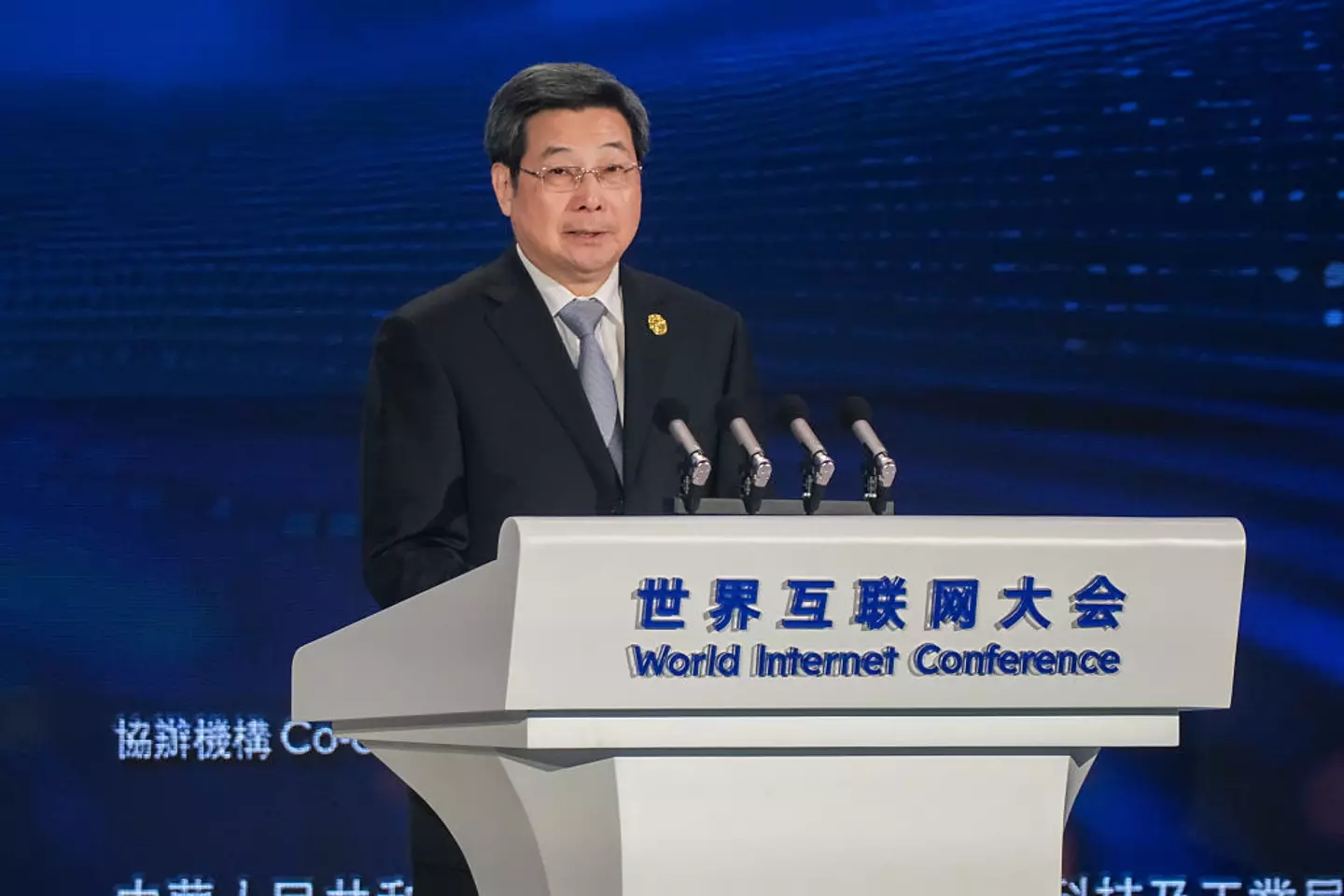
Content creation has just got a bit more intellectual in China, as new laws require influencers to earn a degree before discussing specific topics, as otherwise they'll be landed with a hefty fine.
The innate power of the internet is that it gives everybody a voice no matter who you are or where you come from, and that has opened up access to billions of people across the globe who would have otherwise had no platform to share their opinions and views.
There is, unfortunately, a predictable dark side to that though as it it arguably does not promote a meritocracy, especially since the popularization of social media, leading many to share their thoughts on topics that they are arguably 'not knowledgable' enough to do so.
This is sometimes 'harmless' and can often be ignored if the lack of knowledge is clear to those in the know, but there are plenty of instances where it is deemed to be harmful and potentially even dangerous, especially surrounding conversations of politics, health, and science.
Advert
While many perceived this to be an inevitability of the internet and social media that's impossible to remove without deconstructing platforms as a whole, China has introduced a new law that could 'solve' the issue, although it has been received with some criticism.

As reported by Mint, new regulation from the Cyberspace Administration of China (CAC) came into effect on October 25, mandating that creators and influencers must show proof of their expertise in the topics that they are discussing, or face a fine from the government.
Expertise in this case can be anything from a university degree to a professional certification, and platforms such as Douyin, Bilibili, and Weibo are now responsible for checking these with creators.
The fine in question for breaching this regulation is up to 100,000 yuan, which works out to around $14,000, so certainly nothing to scoff at.
Another key aspect of these new laws is that creators must also clearly state where any information that they share is sourced from, and any instances where AI-generated content has been used, which is effectively a massive move against disinformation efforts online.

Moreover, it is now also against the law to advertise any medical products and foods sold with a specific health benefit, specifically to curb efforts to disguise promotional content as 'educational'.
While this does all sound fantastic in theory, and will do a lot to ensure authentic content and information on the internet in practice, there are some that are concerned that it threatens freedom on the internet, and could be potentially used for unethical purposes.
It remains to be seen how it will manifest in the near future and whether it will be effective in removing disinformation, but there will no doubt continue to be detractors that would prefer an open and unrestricted internet, even with the risk that bad actors can continue to share potentially harmful information.
